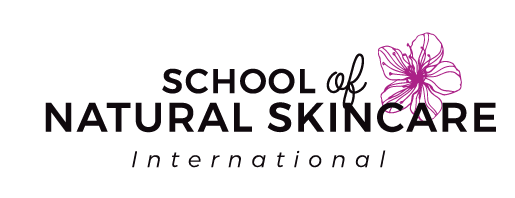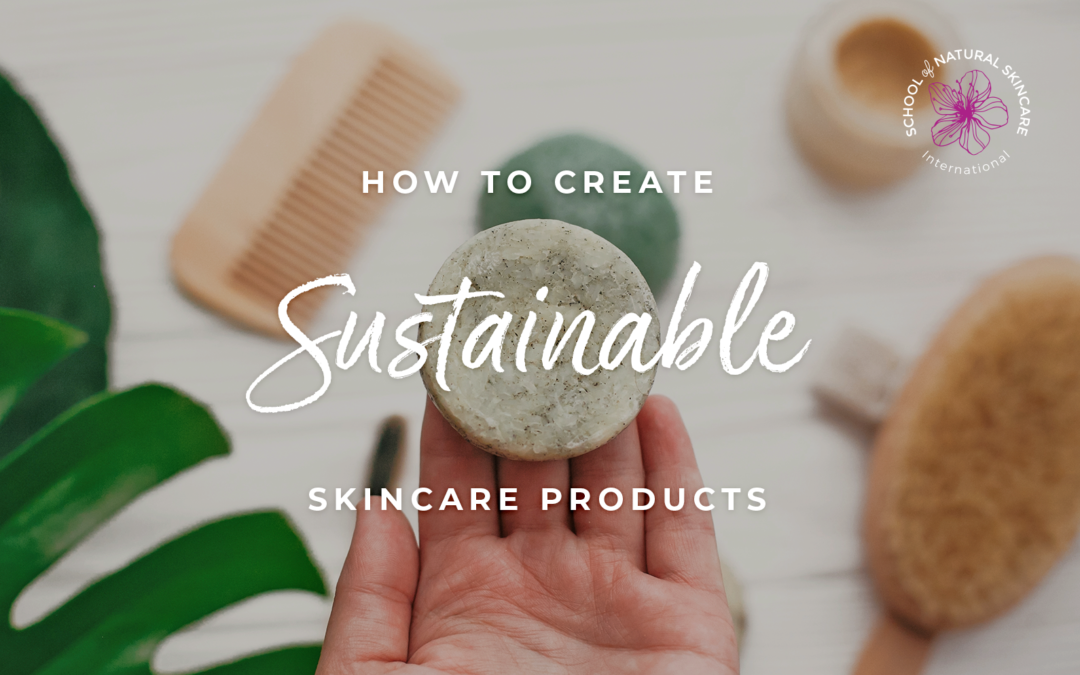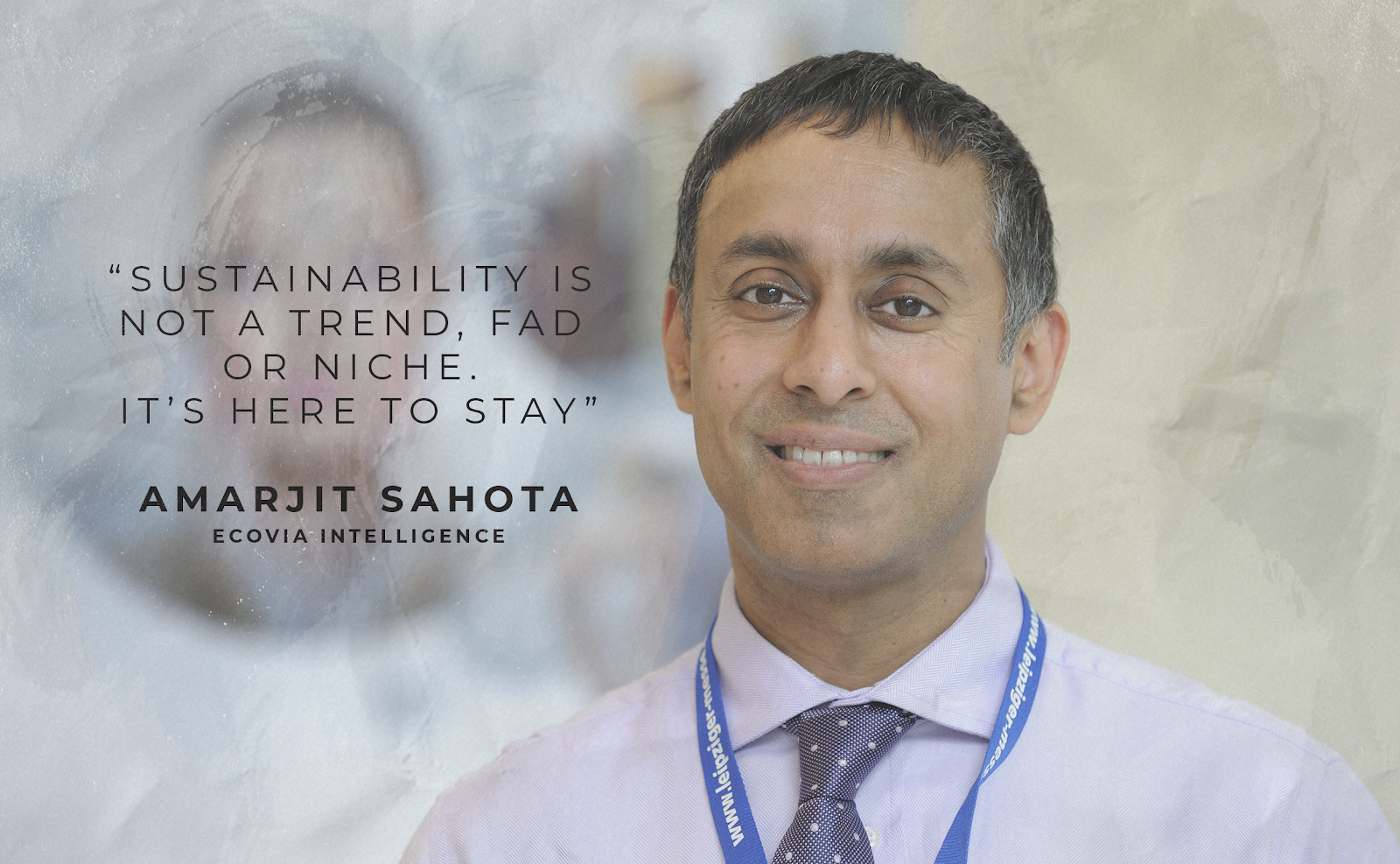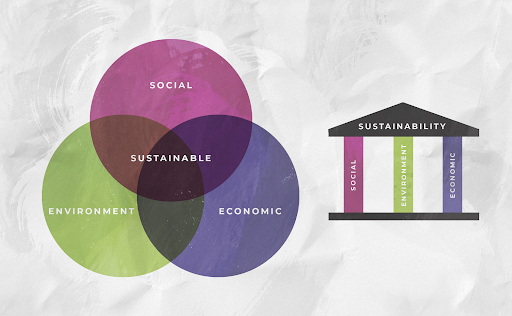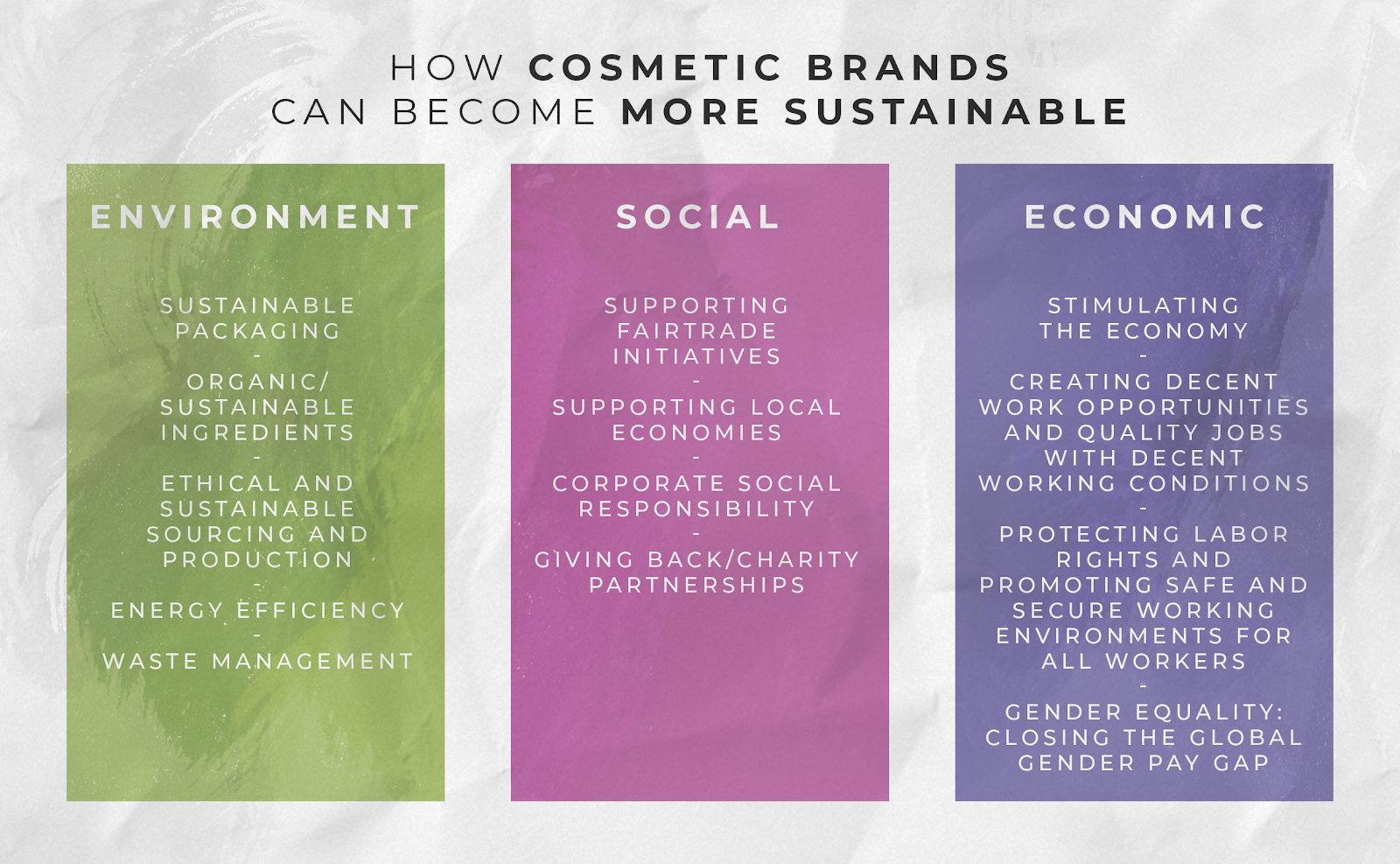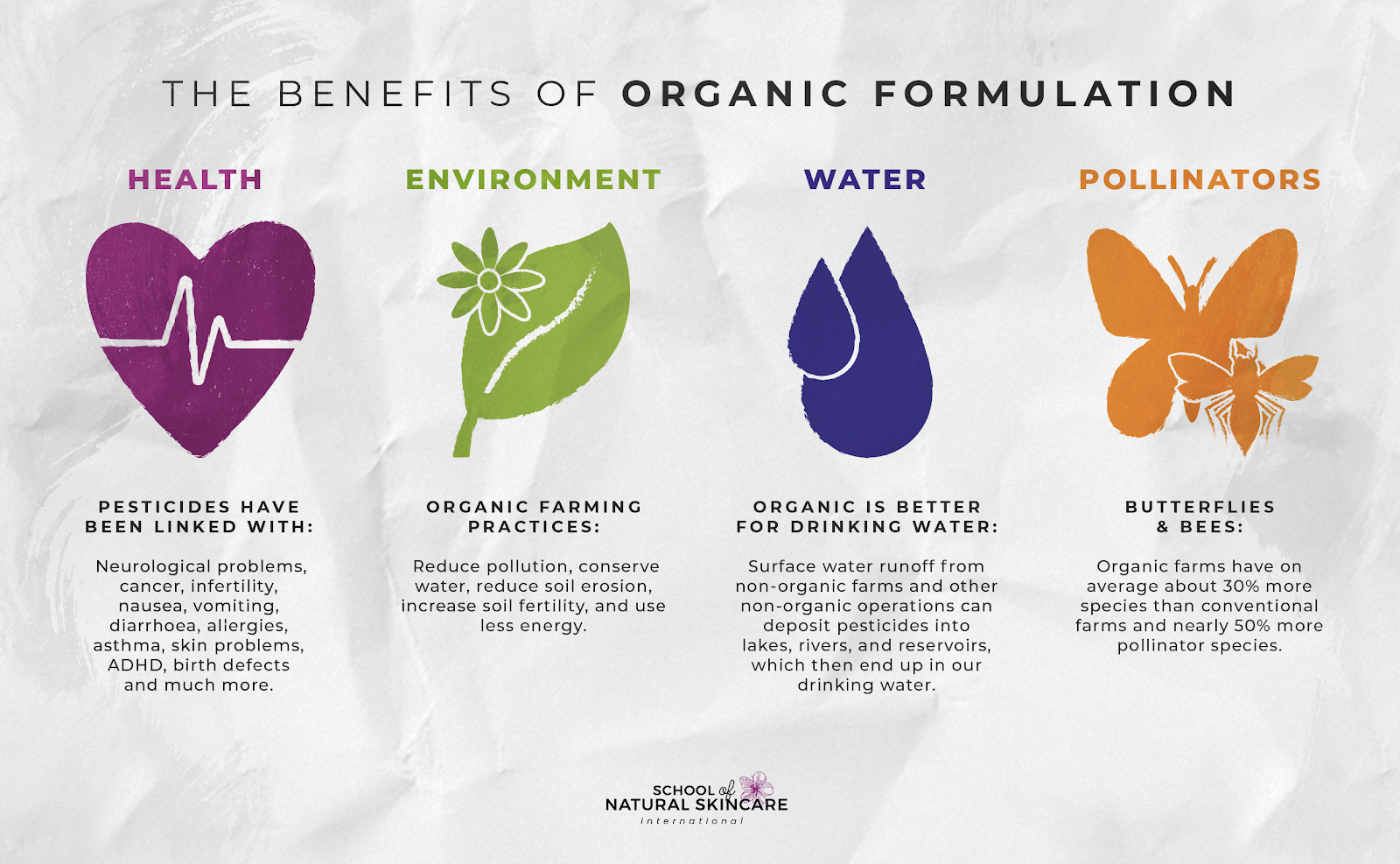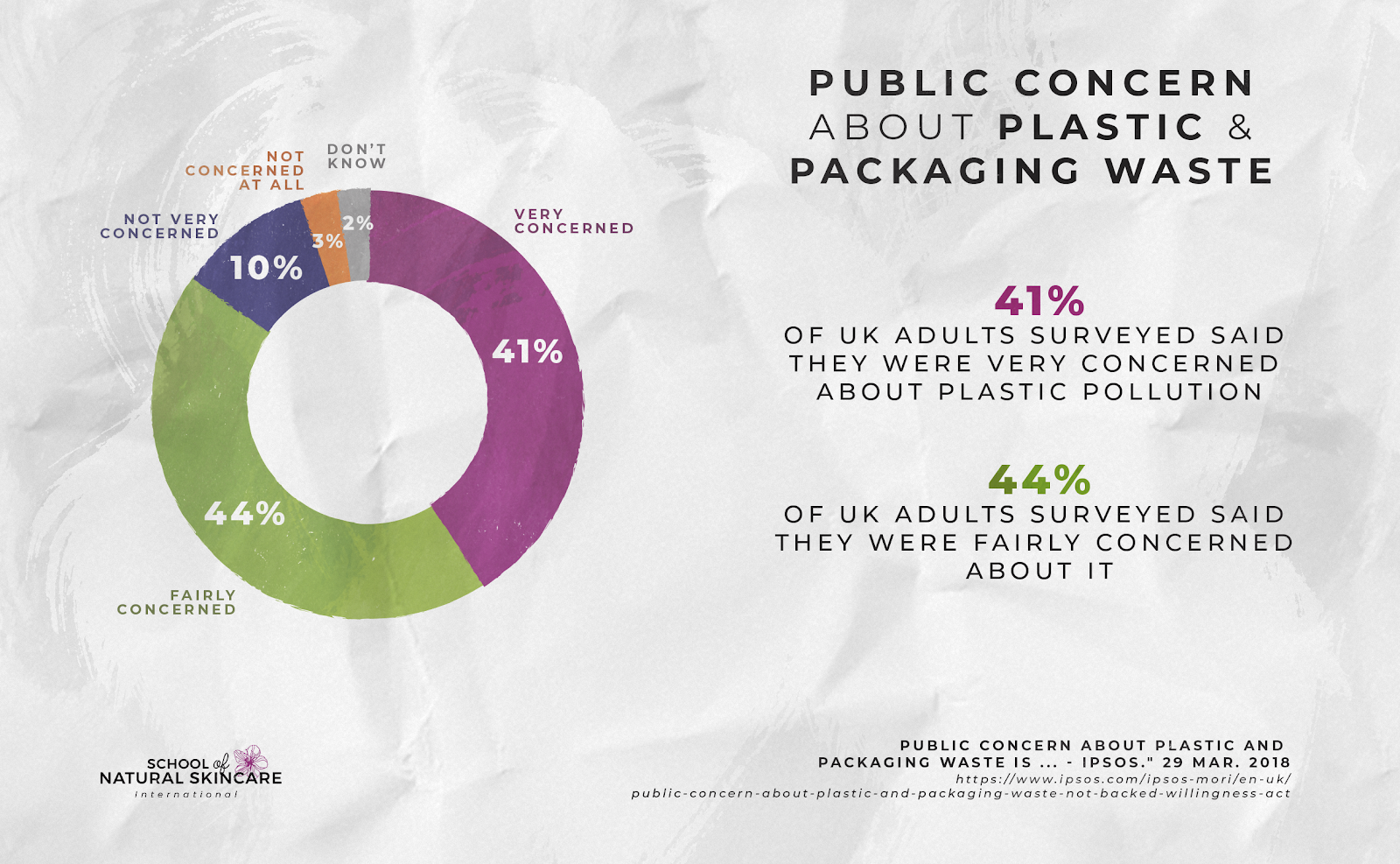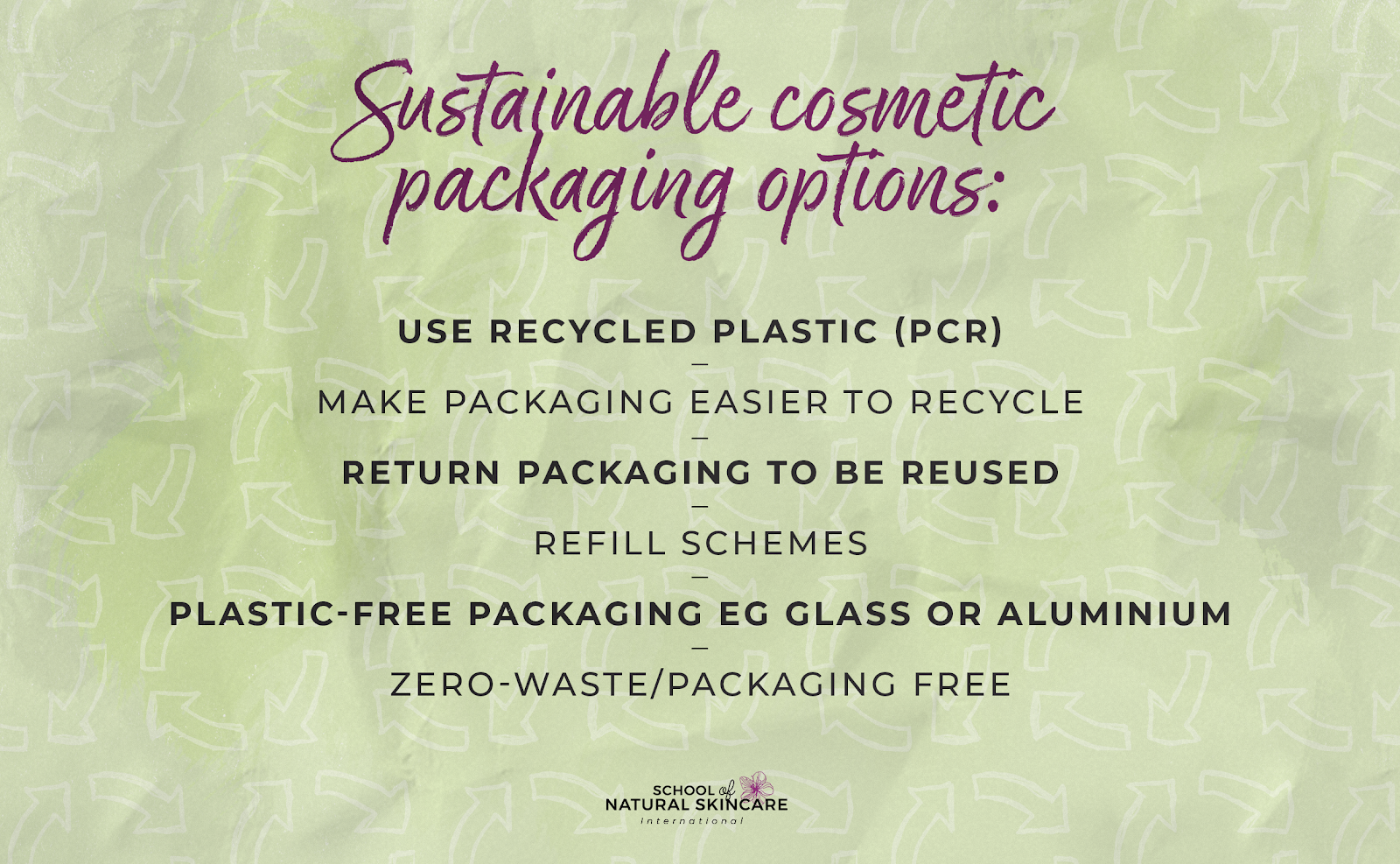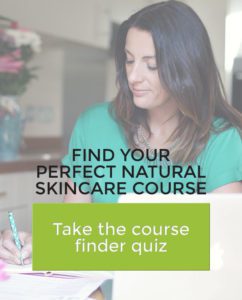Green issues are fast becoming mainstream and sustainability is now at the forefront of many consumers’ minds.
In the words of Amarjit Sahota from Ecovia Intelligence, “Sustainability is not a trend, fad or niche. It’s here to stay”1.
A recent study2 found that 90% of Gen Z and millennials say more products should be sustainable and 65% say their top motivator when purchasing sustainable products is making a choice that is better for the environment.
So, what exactly is sustainability?
The Brundtland Commission’s definition is “Sustainable development is development that meets the needs of the present without compromising the ability of future generations to meet their own needs”.3
It is widely acknowledged that there are three pillars of sustainability: environment, social and economic4. These three pillars can also be thought of as people, planet and profits.
Each of these three pillars supports sustainability and all three pillars need to be strong for true sustainability to be achieved.
Sustainable cosmetics
Large and small skincare brands alike are starting to embrace sustainability principles. It might be something that you too would like to embrace whether you create products to sell or just for yourself. Many of our students feel passionate about sustainability and place it at the heart of what they do.
The three pillars of sustainability are a useful concept to use when thinking about how we can make our cosmetics sustainable. Here are some ways in which they can relate to cosmetic businesses:
Environment
- Sustainable packaging.
- Organic/sustainable ingredients.
- Ethical and sustainable sourcing and production.
- Energy efficiency.
- Waste management.
Social
- Supporting Fairtrade initiatives.
- Supporting local economies.
- Corporate Social Responsibility.
- Giving back/charity partnerships.
Economic
- Stimulating the economy.
- Creating decent work opportunities and quality jobs with decent working conditions.
- Protecting labor rights and promoting safe and secure working environments for all workers.
- Gender equality: closing the global gender pay gap.
Let’s look at a few of these in more detail…
Tip one: Use organic ingredients
By using organic ingredients you can be sure you are supporting production methods that protect and preserve the environment. Organic production is about more than just not using pesticides. For example, the United States Department for Agriculture explains, “Organic farmers utilize practices that maintain and improve fertility, soil structure and biodiversity, and reduce erosion”5.
Organic standards such as COSMOS prohibit the use of GM ingredients and non-biodegradable ingredients. They also require that any palm oil used is certified sustainable palm oil.
Formulating organic skincare
Chantal Gagnon from London, UK is one of our inspiring students who has graduated from several of our courses, including our Diploma in Formulating with Natural Surfactants; Diploma in Natural Haircare Formulation and Diploma in Natural Skincare Formulation. She started formulating organic skincare products because she is very passionate about living as organically as possible. She recently explained to us why organic is important to her.
Q: Why is formulating organic products important to you?
A: I got into organic formulating because I was spending so much time, money and effort eating organic that I did not want my skincare to defeat the effort because what you put on your skin is absorbed into your body.
Formulating organic is important to me for many reasons:
Organic is healthier. Pesticides are horrible for people and non-organic ingredients often contain harmful hormones and pesticides. Pesticides can cause neurological problems, cancer, infertility, nausea, vomiting, diarrhoea, allergies, asthma, and skin problems, ADHD, birth defects and much more. Research by the Environmental Working Group (EWF) shows that chemicals, pesticides in food and other pollutants cross the placenta, meaning unborn babies are exposed to possible related health risks.6 7
I believe organic is better for the environment. Organic farming practices reduce pollution, conserve water, reduce soil erosion, increase soil fertility, and use less energy. Farming without pesticides is also better for nearby birds and animals as well as people who live close to farms. Wildlife depends on healthy plants, streams, rivers, and lakes in their habitat. When pesticides infiltrate animal habitats, many creatures suffer. I am vegan and care deeply about all living things, including the welfare of animal habitats.
Organic is better for drinking water. Surface water runoff from non-organic farms and other non-organic operations can deposit pesticides into lakes, rivers, and reservoirs, which then end up in our drinking water.8
Organic is better for the bees. Organic farms have on average about 30% more species than conventional farms and nearly 50% more pollinator species. Studies9 show that the absence of toxic pesticides associated with conventional farming can contribute to increased health and stable populations of bees and butterflies.
Organic ingredients are GMO-free. Genetically Modified Organisms (GMOs) or genetically engineered (GE) plants are plants whose DNA has been altered in ways that cannot occur in nature or in traditional crossbreeding, most commonly in order to be resistant to pesticides or produce an insecticide. I won’t talk too much about GMO because it will stray off-topic, but I believe GMO wreaks havoc on human and animal health.
Tip two: Explore sustainable packaging options
According to Surfers against Sewage, every day approximately 8 million pieces of plastic pollution find their way into our oceans10. More and more consumers are aware of the impacts of single-use plastics and are looking for alternatives. 41% of UK adults surveyed said they were very concerned about plastic pollution and an additional 44% said they were fairly concerned about it11.
Traditionally many cosmetic products have been packaged in plastic. So what can we do about it?
Some cosmetic brands are still using plastic but are using recycled plastic or making their bottles easier to recycle.
Soaper Duper12 use post-consumer recycled (PCR) plastic to make their packaging: between 50-100% of their packaging is PCR. Head and Shoulders13 are using 25% recycled beach plastic in their bottles. REN14 has an ocean plastic bottle made of 100% recycled plastic including 20% ocean plastic. This bottle also uses a plastic pump (rather than metal which is what most bottles use) to make the pump (and bottle as a whole) easier to recycle.
Other brands are offering refill schemes which extend the life of the packaging by allowing it to be reused. Beauty Kitchen15 encourage customers to send their packaging back to them (or drop it off at collection points) for them to wash and reuse in the next batch of products they create. Other brands are enabling customers to refill their own bottle to use again. Some flagship Body Shop16 stores are providing “refill stations” where customers can refill aluminium bottles with a range of shower gels and creams.
Some brands are choosing to go “plastic-free” by using glass or aluminium packaging instead of plastic.
Zero-waste products and brands are also emerging which use minimal or no packaging. In addition to a range of packaging-free products, Lush17 now has entire packaging-free stores in Berlin, Milan and Manchester. New Zealand brand Ethique has now gone global and sells a wide range of zero waste solid beauty bars including shampoo, conditioner, bodywash, facial cleansers and moisturizers.
How our students are reducing plastic
Many of our students are reducing the plastic packaging they use or eliminating plastic completely. That’s one of the exciting things about having your own brand; you can make decisions and take action on them immediately.
Caroline Lee-Smith from Bristol, UK is a graduate of our Diploma in Natural Skincare Formulation and has her own brand called Caro’s Creams18. She recently shared with us the steps she is taking to reduce plastic and make her business more sustainable.
Q: Can you tell me what your brand is doing to reduce plastic?
A: I’m aiming to be plastic free as soon as possible – two more products to go! I also do not use plastic in my manufacturing process – I make products in glass bowls (over stainless steel pots), mixing with stainless steel or glass. My gift packs are either reused/upcycled packaging or compostable square packs with recycled stuffing.
Q: Why is reducing plastic important to you?
A: Because it’s made from oil which is a fossil fuel and it cannot degrade for many lifetimes!
Q: Do you have any tips for aspiring natural cosmetic formulators about going plastic free, or finding alternatives to single use plastics?
A: I advise to incorporate eco-thinking, especially about packaging and your production process from the start, because it’s as important as your brand.
Q: Is there anything else you’d like to share?
A: Plastic is only one piece of a giant puzzle! Personally I’m constantly working to improve my energy and raw material use. I used to work in the National Re-Use Industry so am very aware of these things.
For Caro’s Creams:
- I use a solar cooker (made from reused materials) and the heat of the sun to infuse my oils, and pre-heat water as part of my manufacturing process.
- I use rainwater (when there has been enough rain) instead of tap water in a basin to cool down my products, and as the water in the bottom of the double boiler.
- I heat using green electricity only.
- I make more than one product using the same heated up water (in the double boiler) on the same day where possible, to get the most from the energy used to heat it.
- I then use this heated water to wash up with, then I pour it on the garden (triple used water).
- I reuse label offcuts as seals on jars.
- I wrap bath bombs in Oxo (water biodegradable) cling film.
- I reuse all packaging I received raw materials in.
- I send out orders in reusable packaging if possible (including reusing padded packaging bags my surrounding community supplies me with).
- I ask customers to return pots if they can and use them as tester jars.
- I supply two out of my three shops by bicycle.
- I wrap collection orders in recycled brown paper bags.
- I print Etsy order enclosures at half size to get two from one piece of (fully recycled) paper.
- I print my leaflets on fully recycled paper.
- I reuse all the paper I can in my home office.
Are you feeling inspired? Check out her beautiful products on Etsy!
www.etsy.com/uk/shop/CarosCreams
Sustainable cosmetics: here to stay
Sustainability is most certainly here to stay! This article has only just scratched the surface of the discussions around how to become more sustainable, and the innovative solutions and actions that people and brands can take.
Sign up to our free email series: Formulating for the conscious consumer
Join the growing global movement of conscious consumers and learn how to make products that are ethical, sustainable, eco-friendly and innovative as well as in line with the latest trends and developments!
On this training series you’ll learn:
- How to create sustainable skincare products.
- The truth behind common misconceptions. SPOILER ALERT: Vegan doesn’t mean natural! Why that matters and what you can do about it.
- The clean skincare trend: what does it actually mean?
- What are waterless skincare products and what are their benefits?
- How a minimalist skincare routine and multipurpose skincare products help people to live more sustainable lifestyles.
Today, consumers, formulators and brands alike are becoming much more aware of environmental and ethical issues.
Discover the issues that are important today and how to become a conscious formulator creating cosmetics for the conscious consumer!
Sign up to our free email series: Formulating for the conscious consumer
Join the growing global movement of conscious consumers and learn how to make products that are ethical, sustainable, eco-friendly and innovative as well as in line with the latest trends and developments!
On this training series you’ll learn:
- How to create sustainable skincare products.
- The truth behind common misconceptions. SPOILER ALERT: vegan doesn’t mean natural! Why that matters and what you can do about it.
- The clean skincare trend; what does it actually mean?
- What are waterless skincare products and what are their benefits?
- How a minimalist skincare routine and multipurpose skincare products help people to live more sustainable lifestyles.
Today, consumers, formulators and brands alike are becoming much more aware of environmental and ethical issues. Explore the important issues and discover how to become a conscious formulator creating cosmetics for the conscious consumer!
Loved learning about sustainable skincare products? Save this image below on Pinterest so you can be sure to remember!
References:
- “Events – SCS – Society of Cosmetic Scientists.” http://www.scs.org.uk/news.aspx?pageid=235&archive=y. Accessed 4 Oct. 2019.
- “What Gen Z and Millennial’s Think About Natural and ….” 25 Sep. 2019, https://beautymatter.com/2019/09/what-gen-z-and-millennials-think-about-natural-and-sustainable-skincare/. Accessed 3 Oct. 2019.
- “Our Common Future – Sustainable Development Knowledge ….” https://sustainabledevelopment.un.org/content/documents/5987our-common-future.pdf. Accessed 3 Oct. 2019.
- “Three pillars of sustainability – ResearchGate.” https://www.researchgate.net/publication/327404334_Three_pillars_of_sustainability_in_search_of_conceptual_origins. Accessed 4 Oct. 2019.
- “Organic Agriculture | National Institute of Food and Agriculture.” https://nifa.usda.gov/topic/organic-agriculture. Accessed 4 Oct. 2019.
- “Nation’s Pediatricians Warn Against Pesticides in Food | EWG.” 4 Dec. 2012, https://www.ewg.org/enviroblog/2012/12/nations-pediatricians-warn-against-pesticides-food. Accessed 4 Oct. 2019.
- “Why Children, Pregnant Women Should Eat Food with Fewer ….” 18 Apr. 2016, https://www.ewg.org/childrenshealth/20636/why-children-pregnant-women-should-eat-food-fewer-pesticides. Accessed 4 Oct. 2019.
- “Protecting Water Quality from Agricultural Runoff – EPA.” https://www.epa.gov/sites/production/files/2015-09/documents/ag_runoff_fact_sheet.pdf. Accessed 4 Oct. 2019.
- “MOVING TOWARDS ECOLOGICAL FARMING – The Bees in ….” http://sos-bees.org/wp-content/uploads/2014/05/466-Plan-Bee-Lo-Res.pdf. Accessed 4 Oct. 2019.
- “Plastic Pollution – Facts and Figures • Surfers Against Sewage.” https://www.sas.org.uk/our-work/plastic-pollution/plastic-pollution-facts-figures/. Accessed 3 Oct. 2019.
- “Public concern about plastic and packaging waste is … – Ipsos.” 29 Mar. 2018, https://www.ipsos.com/ipsos-mori/en-uk/public-concern-about-plastic-and-packaging-waste-not-backed-willingness-act. Accessed 3 Oct. 2019.
- “The BIG Idea – Soaper Duper.” https://www.soaperduper.com/about-us/the-big-idea/. Accessed 3 Oct. 2019.
- “New Head & Shoulders Bottle Made of Recycled Plastic.” https://www.headandshoulders.co.uk/en-gb/whats-new/new-head-shoulders-bottle-to-be-made-with-recycled-beach-plastic. Accessed 3 Oct. 2019.
- “NEW: our Ocean Plastic Bottle – REN Clean Skincare.” 13 Jul. 2018, https://www.renskincare.com/blogs/clean-thoughts/our-new-ocean-plastic-recycled-bottle. Accessed 3 Oct. 2019.
- “Return • Refill • Repeat – Beauty Kitchen.” https://beautykitchen.co.uk/pages/cradle-to-cradle. Accessed 4 Oct. 2019.
- “Oxford Street Body Shop store reimagined as ‘activist workshop’.” 18 Sep. 2019, https://www.naturalproductsglobal.com/europe/oxford-street-body-shop-store-reimagined-as-activist-workshop/. Accessed 4 Oct. 2019.
- “Lush Naked Shop: Inside the packaging-free cosmetic stores ….” https://uk.lush.com/article/lush-naked-shop-inside-packaging-free-cosmetic-stores. Accessed 4 Oct. 2019.
- “Herbal handmade organic natural creams salves & by … – Etsy.” 25 Jun. 2019, https://www.etsy.com/uk/shop/CarosCreams. Accessed 4 Oct. 2019.
